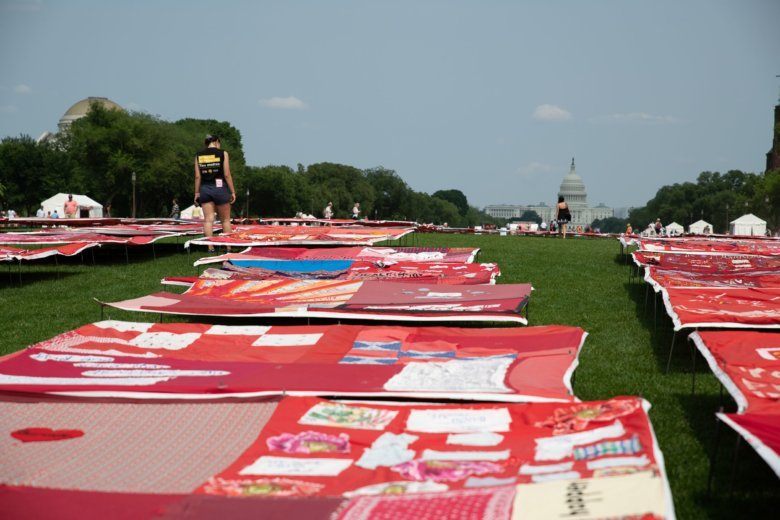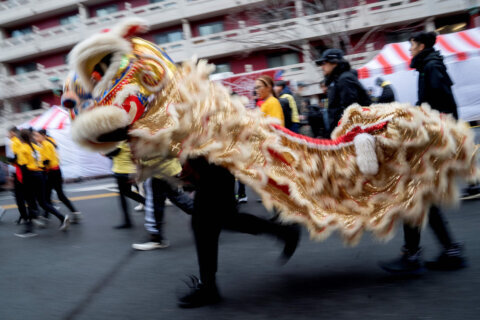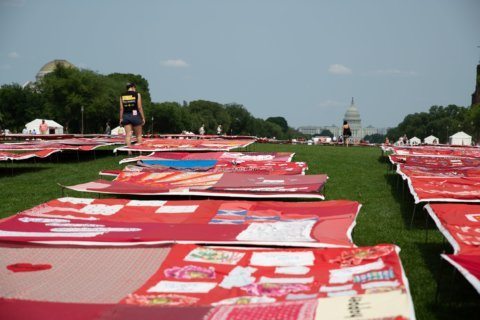
Red quilts between the Capitol and Washington Monument tell a story of trauma and survival.
It’s the Monument Quilt, art that covers outdoor public spaces to create a healing environment, promote a culture of consent and show sexual assault survivors that their voices matter.
Ana Rodney, who was collecting yoga mats after a class next to a group of quilts, told WTOP there are about 3,000 different quilt squares on the mall, each one with a story of survival, support and empowerment.
“There are a number of messages that speak to the fact that it’s not your fault. It doesn’t matter what I was wearing, it doesn’t matter what I was doing, that this is my body, and I have autonomy over my body,” she said.
The Monument Quilt display is arranged to spell out the words “You are not alone,” and in Spanish, “No estas solx.”
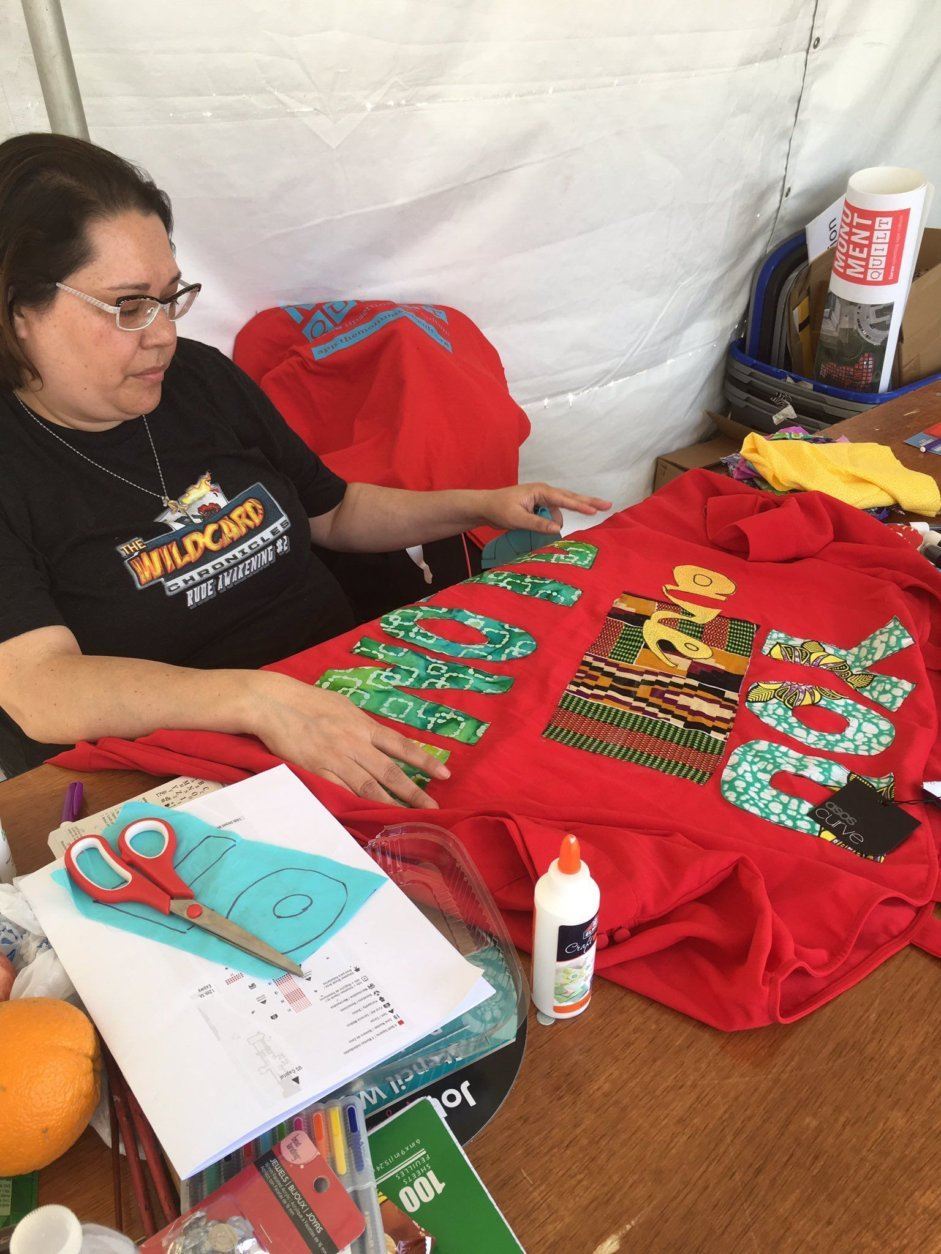
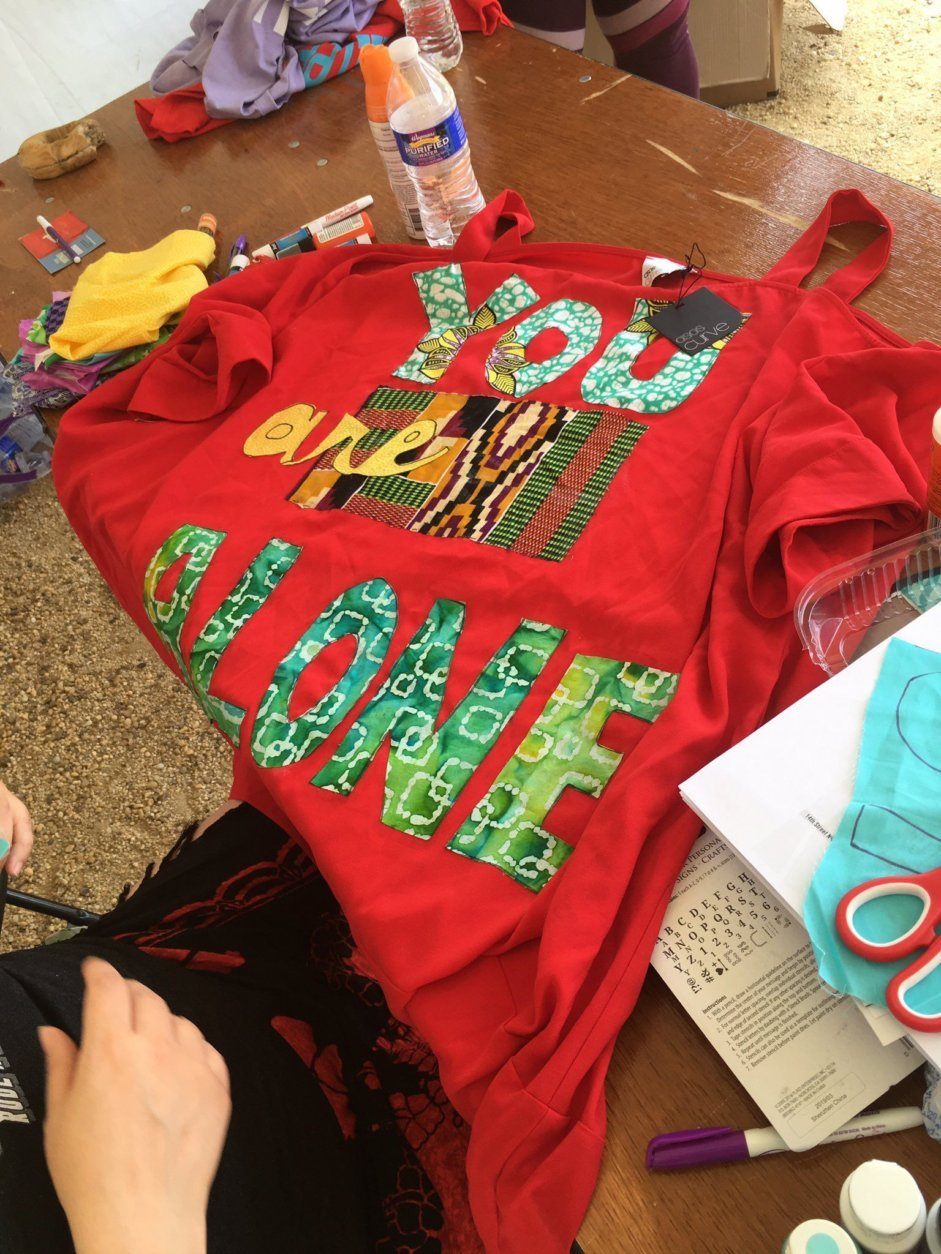
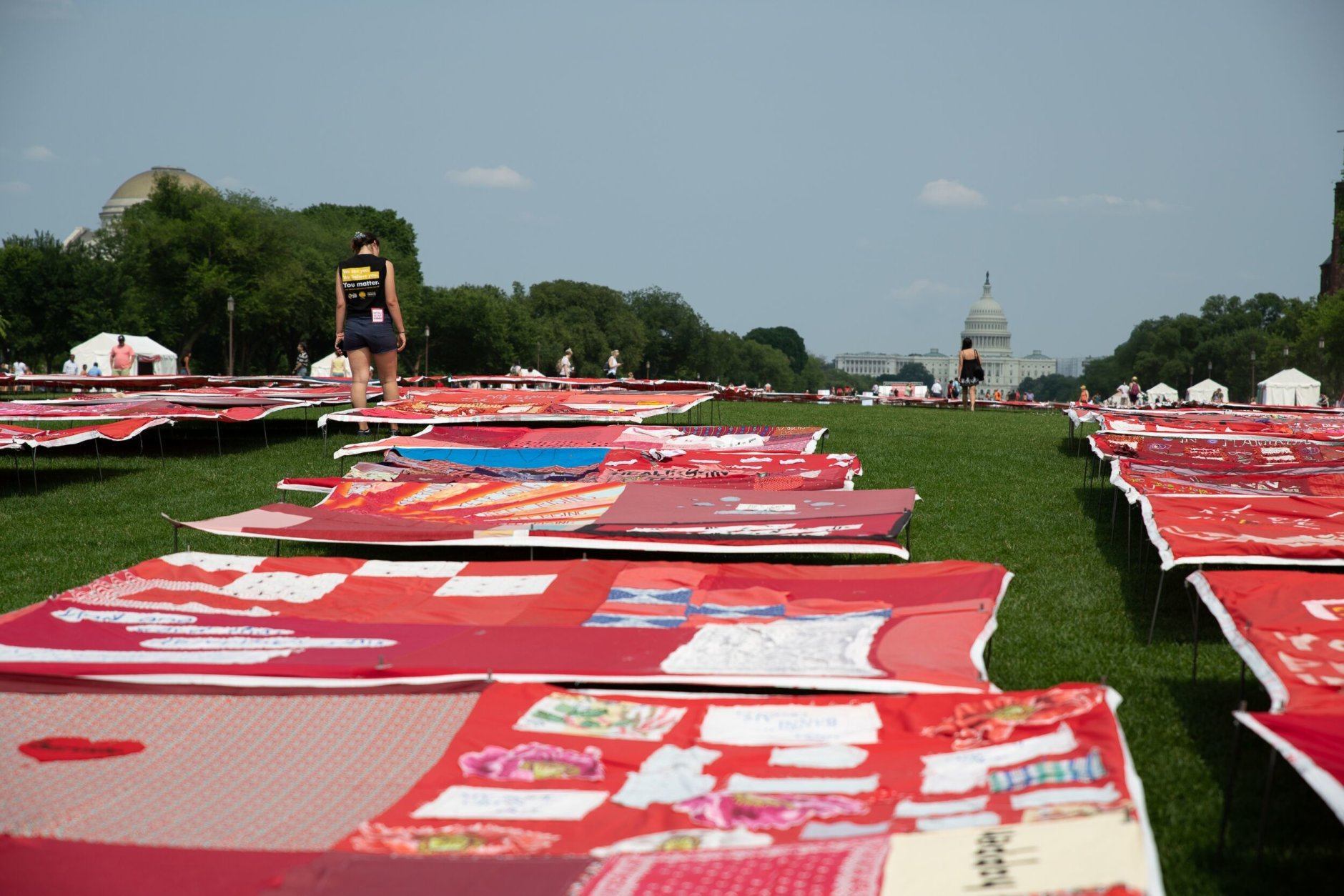
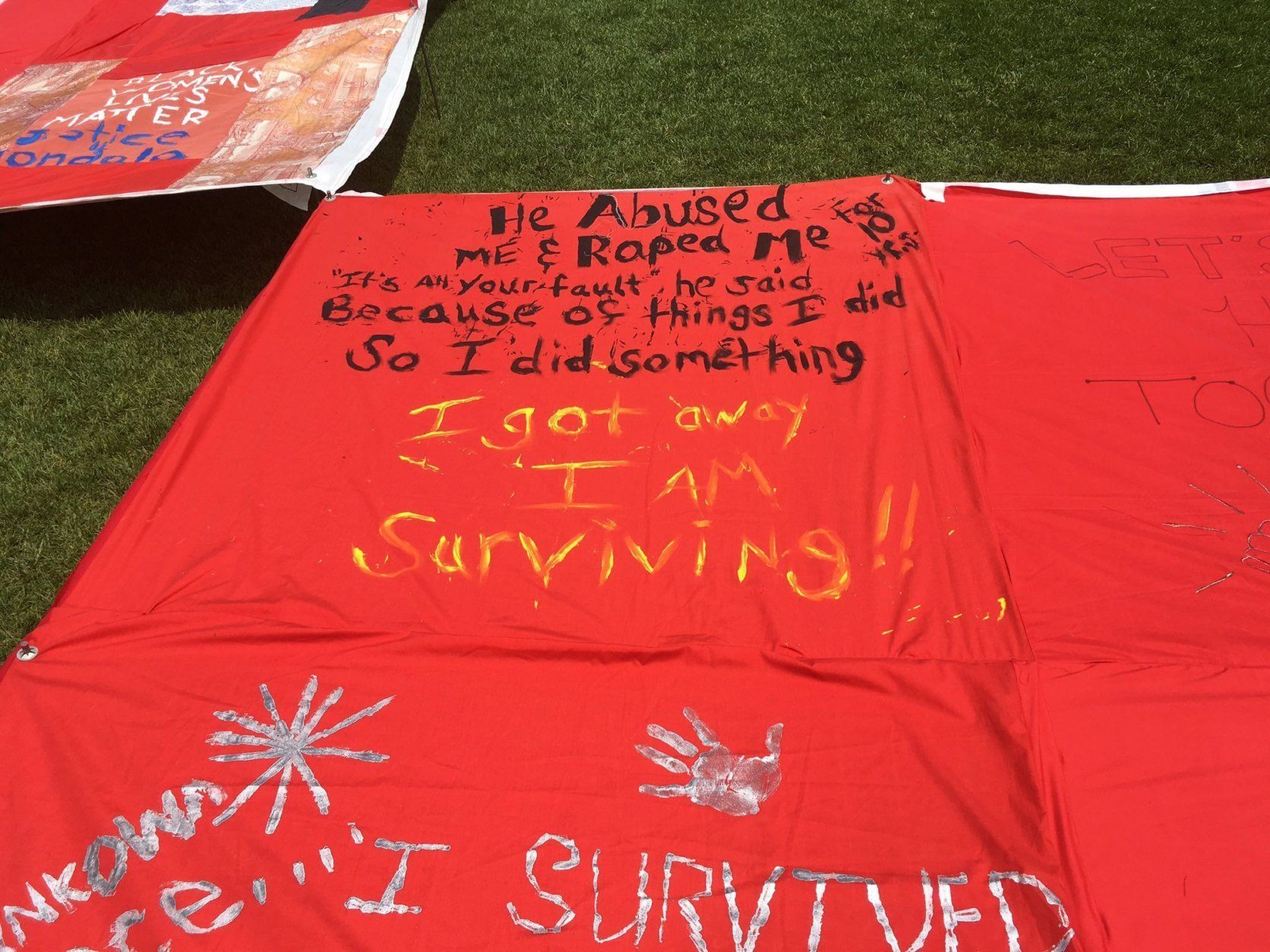
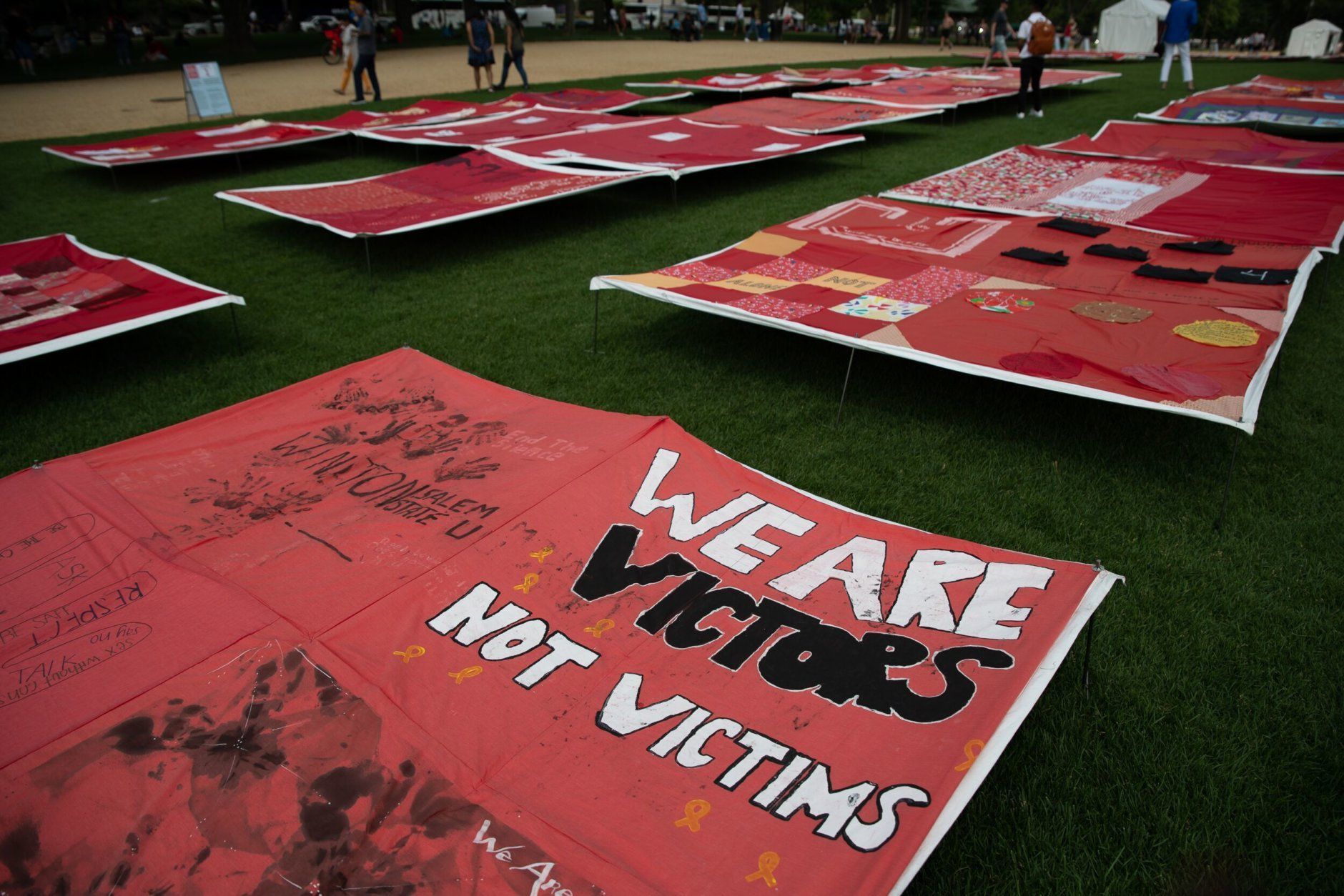
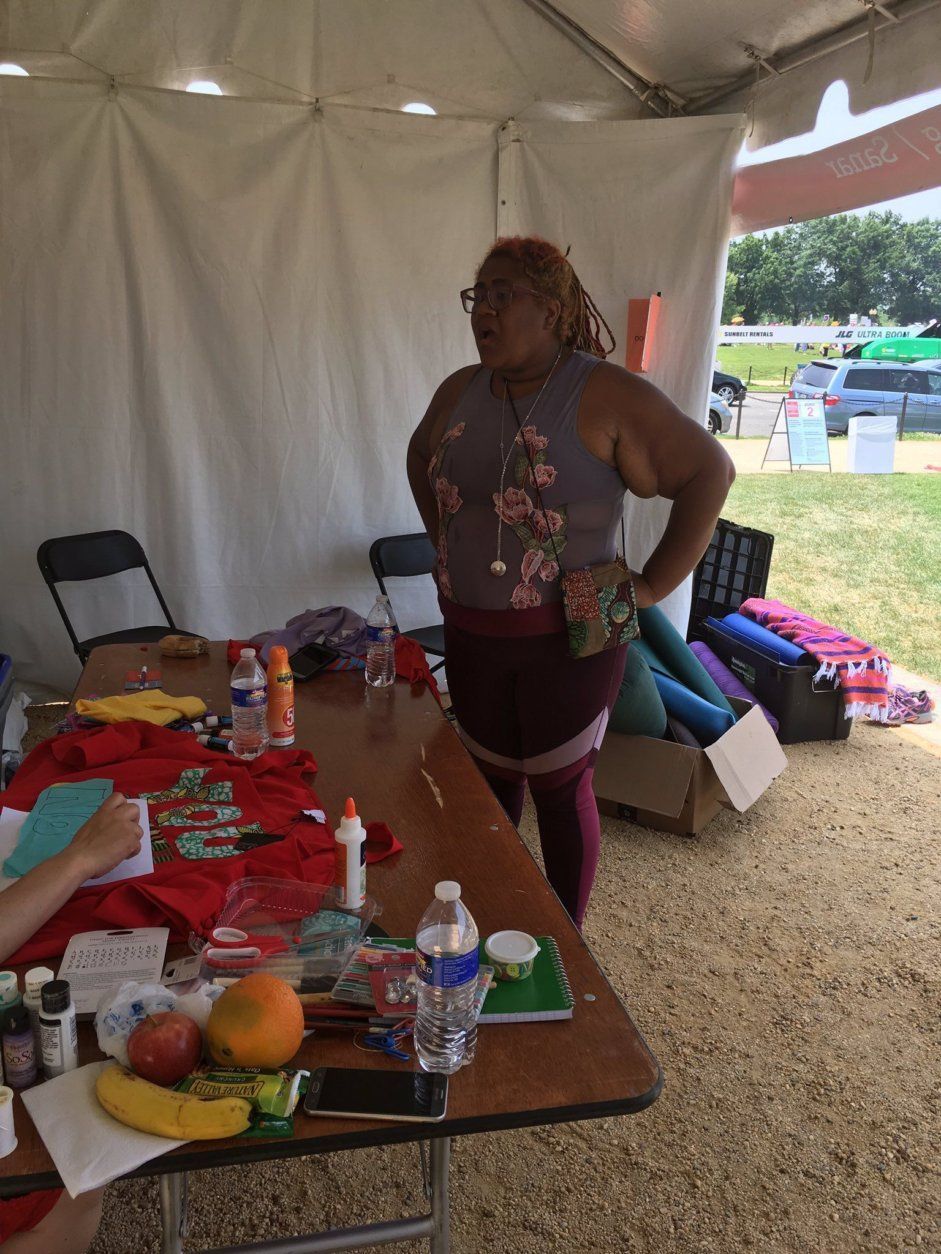
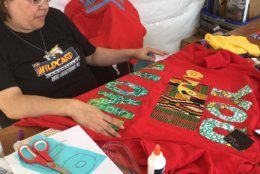
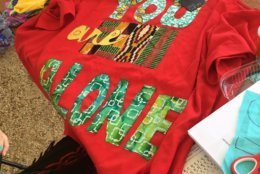
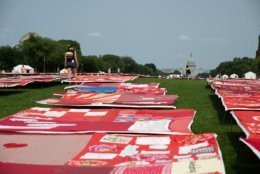
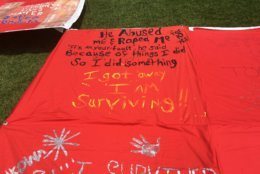
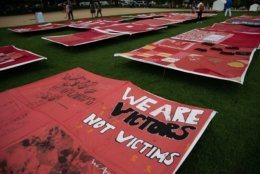
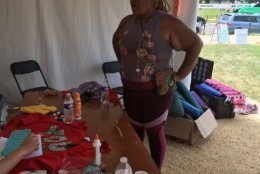
Folayan told WTOP that she is a survivor of rape and incest and feels empowered “to know I’m not alone and that there’s different types of stories,” from other abuse survivors.
Saturday’s keynote presenter was Marissa Alexander, a domestic violence survivor who spent time in prison after being denied use of the Stand Your Ground defense for firing a warning shot after threats from her husband at that time.
She said listening to the voices of sexual violence survivors is important “because people need to understand how this affects our overall capacity and evolution as a society and in the world.”
“If we’re ever going to combat this problem we have to talk about it, we have to be open about it. We have to be receptive to what it does,” Alexander said.
The Monument Quilt will be on display at the National Mall through Sunday.

